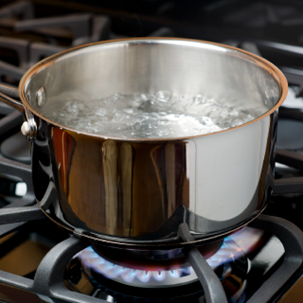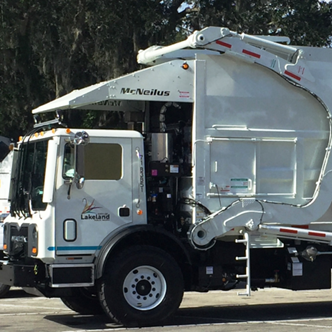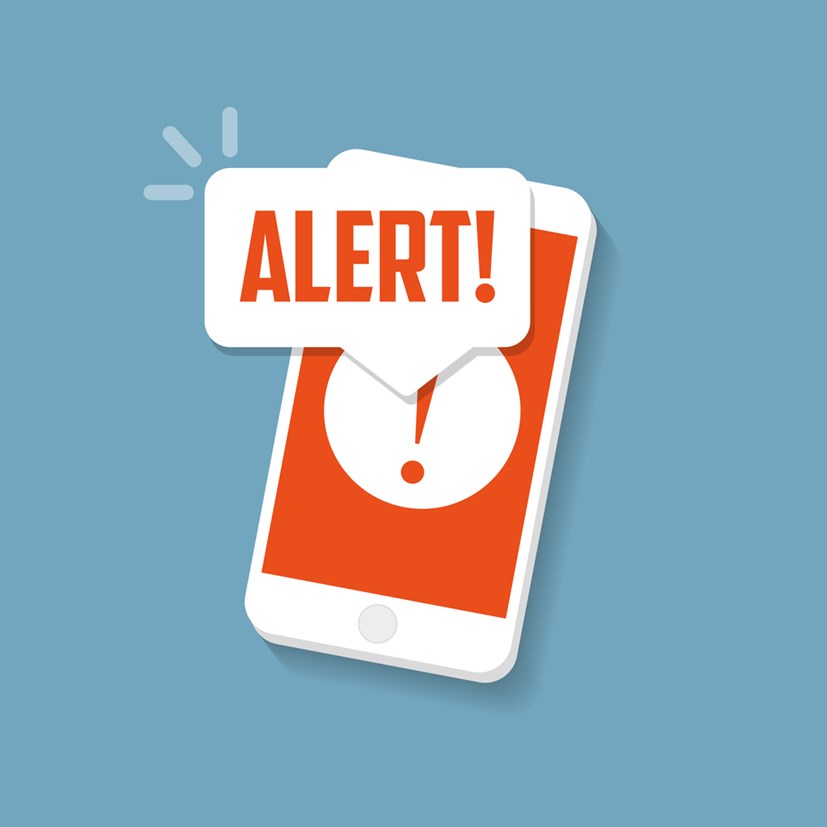ATTENTION, BURN BAN for all of Polk County, until further notice. Learn more.
The 2025 Hurricane season begins on June 1st.
Lakeland Electric 2025 Hurricane Guide

National Weather Service / NOAA Updates | Florida Emergency Management
Important Contacts & Links:
Boil Water Notices
Note: If you're experiencing low water pressure, it's safer to boil your water as a precaution.
Address Lookup & Utilities Service Area Map
Flood Risk Portal
View the portal here.
Post Hurricane Resources
TRAFFIC SIGNAL REMINDERS
TRAFFIC SIGNAL BLACKOUT—If all traffic signal lights are not working, treat the intersection as a four-way stop and observe the right-of-way rules.
FLASHING RED—A flashing red signal light means exactly the same as a stop sign: STOP! After stopping, proceed when safe and observe the right-of-way rules. Be careful as many times the opposite lanes of travel will have a flashing yellow light and are not required to stop.
FLASHING YELLOW—A flashing yellow signal light warns you to be careful. Slow down and be especially alert.

Keep 911 Lines Open for Emergencies
We completely understand that stress levels are high currently as we all await a Storm/Hurricane. We expect our 911 Communications Center will be VERY BUSY.
If you need to speak to someone from LakelandPD but it is NOT an emergency call 863.834.6900. This line is manned by a team 24 hours a day, 7 Days a week.
Polk County Government Florida has activated the Citizen's Information Line to answer Storm/Hurricane -related questions Call (863) 298-7500
Know that our team of 911 Communications Specialists are here to take your emergency calls before, during and after the storm. Many of these amazing professionals have been serving the Lakeland Community for more than 20 years! You are in GREAT hands!
Please help us assist those who need it the most by calling 911 ONLY in LIFE THREATENING EMERGENCY SITUATIONS.

Generator Safety Tips
Widespread power outages are expected during a Storm/Hurricane. Portable generators are among the deadliest consumer products, emitting as much carbon monoxide as 450 cars—a colorless, odorless, DEADLY gas.
Always Use Outdoors: Never run your generator inside your home, garage, or enclosed spaces. Keep it at least 20 feet away from windows, doors, and vents.
Proper Ventilation: To prevent CO from entering your home, place the generator in a dry, well-ventilated area. Avoid placing it near doors, vents, or windows.
Install CO Detectors: Make sure your home has battery-operated or battery-backup carbon monoxide detectors. Test them regularly, especially when using a generator.
Never Refuel While Running: Turn off the generator and allow it to cool down before refueling. Spilled fuel on a hot engine can ignite and cause a fire.
Protect From Water: Keep your generator dry and off the ground. Use it under a canopy-like structure but away from where water can pool. Never touch the generator with wet hands.
Don't Backfeed Power: Only connect the generator directly to your home's electrical system if a qualified electrician has installed a transfer switch. Backfeeding can harm utility workers and damage your equipment.
Keep Extra Fuel Safely Stored: Store fuel in approved containers and away from living areas. Always keep it in a cool, well-ventilated area.
Turn Off When Not in Use: When you're away from home or going to sleep, always turn off the generator.





















